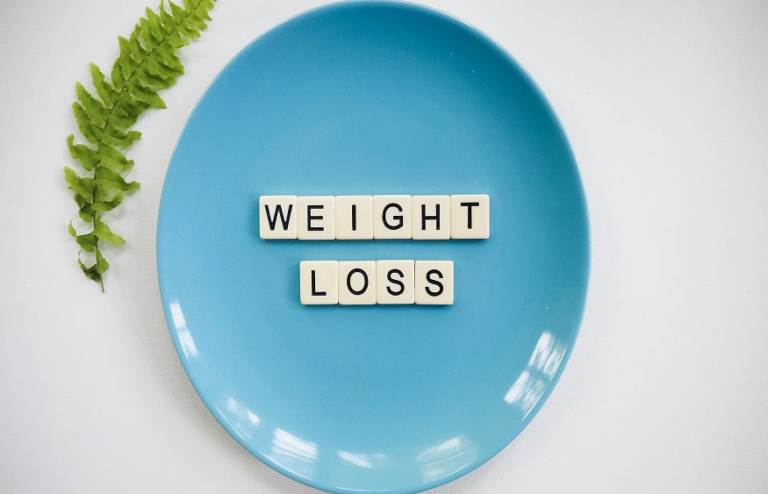Lose up to 10 kg in a month”. This sentence, you hear it all day long. On TV, on the internet, in specialized magazines… But can you really lose 10 kg per month? The answer is yes, but not without danger. Indeed, rapid weight loss involves a drastic diet with all the resulting side effects: great fatigue, stress, hormonal disorder, yoyo effect.
But then, how many pounds can you lose in a month without putting your health at risk? What is the diet to follow?
You want to lose 3 to 5 kg in 1 month but is it healthy?
But if you want to lose weight too quickly, you are putting your health at risk. All doctors and dieticians will tell you: losing 500 g per week or 2 kg per month is ideal (ie 3 to 5 kg in 2 to 3 months). And the good news is that you don’t even have to follow a special diet to achieve this goal.
To lose pounds without gaining them back, you simply have to reduce your caloric intake by reconnecting to your food sensations of hunger and satiety. Knowing that a woman has a daily calorie intake of about 2000 kcal (calories) and a man 2400 kcal, reducing this intake allows you to see results in a month (1300 kcal and 1400 kcal for example is an intake energy too low, be sure to keep a reasonable goal).
But why 2 kilos per month at most? And why is a weight loss of 3 to 5 kg in a month an unreasonable loss goal for the body?
By losing weight slowly but surely, you do not lose the energy you need to face everyday life, practice physical activity and you limit the risk of regaining weight. Plus, since you’re not on any special diet, you won’t get frustrated. Goodbye end-of-day cracks that put all your efforts to naught. More so, you have no deficiencies. So you stay healthy, or rather healthier. And what does not spoil anything, you have your ideal figure.
Good habits to lose weight effectively and sustainably (over the long term)
Your first instinct will be to change your eating habits. Of course, it won’t be easy, so you have to go step by step. To start, gradually reduce the amount of food you eat by not helping yourself at the table as soon as you feel that you have reached your feeling of satiety. If necessary, eat with a fork on a small plate.
Dairy products are allowed, you may prefer light versions: semi-skimmed or skimmed milk, 0% cottage cheese, natural yogurt, etc.
Limit fatty foods
We have said to limit, but not to proscribe. A pizza, a burger, a snickers, a coke from time to time (once or twice a week possibly, remember to connect to your food sensations and taste them which will allow you to limit the quantity) this does not never hurt anyone. On the contrary, it is good for morale. It is the excess that leads to weight gain and diseases linked to poor diet (diabetes, hypertension, cardiovascular diseases, etc.).
On the other hand, industrial dishes are not recommended. It’s not so much that they make you lose weight, but they are above all bad for your health. Manufacturers put a bit of everything in these dishes (preservatives, additives, dyes, etc.) and little food. In the end, you eat chemicals. Learn to cook and reserve these dishes for really exceptional cases.
Drink a lot of water
We will never tell you enough, drink 1.5 liters of water a day. Good hydration is necessary for good health, even more so when you are on a diet.
What sports to practice? No matter the sport, the important thing is that you move.
Fast diets and their disadvantages
Wanting to lose a lot of pounds in a short time (like losing 3 to 5 kg per month), you will understand, is never safe. Beyond 2 kg per month, you risk:


















+ There are no comments
Add yours